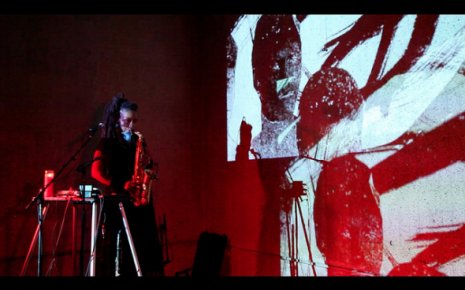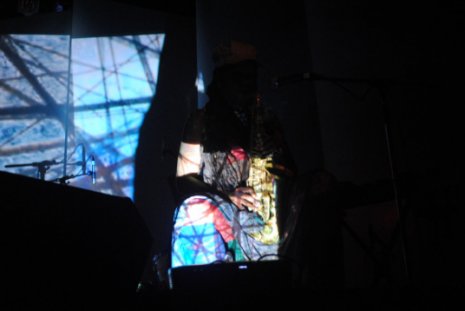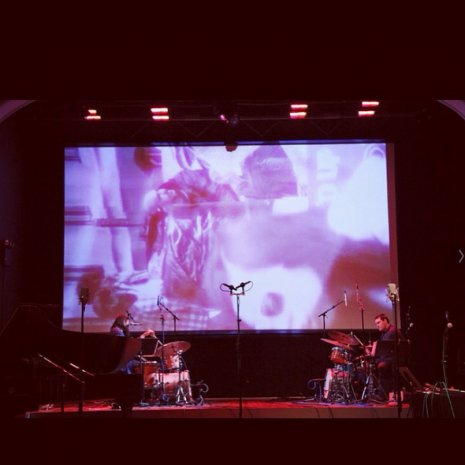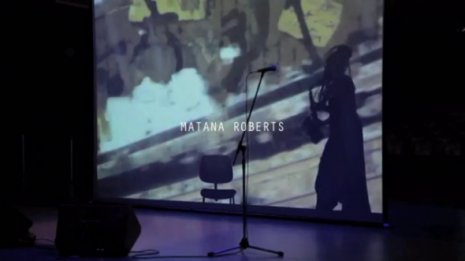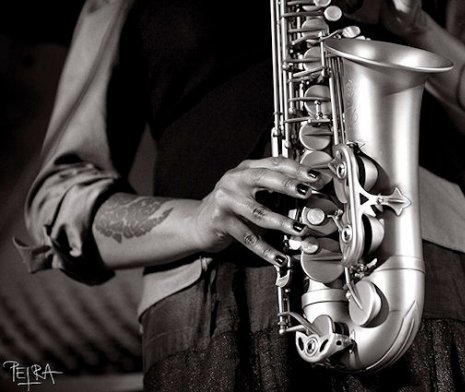Chapter Three
MM:
I find questions of “what is worth doing, and what is not worth doing” to be something to more seriously consider as we go through our path, our trajectory. For one thing, it becomes apparent that choosing and initiating projects carefully is of utmost importance, as time and resources become more acutely limited.
MR:
I agree. I've pulled back from many things in the past 5 years or so as that became apparent. At a certain point I was feeling really exploited. Now, because of the DIY organizing nature of my work, which has reached a level I'm not sure I can handle on my own, I am having to think more about how to protect just general practice time. I don't get to collaborate as much as I would like, but I also have turned down some things that don't pique my interest just for the sake of collaborating. What I seem to enjoy most are opportunities that run across many different creative disciplines.
MM:
How do you negotiate concept and performance of a given piece?
MR:
As far as my own work, it depends on many different factors. I enjoy dealing with historical narrative so I Iook towards that as a root that tells me a lot about possible entrance points for inspiration.
MM:
What do you find the most intriguing part writing for others, as in an ensemble?
MR:
How no matter how you frame things, the way in which really gifted musicians can breathe your concept into an almost new life form always astounds me.
MM:
What prompts transformation and change in your music making?
MR:
The manner in which I embody and honor myself. How I take care of myself adds a lot. I feel that to be strong in my ideas in this music I also have to be strong physically, which transfers mentally and, finally, musically. So I often go out of my way to explore things outside of my general practice that supports the idea of this and also sparks learning new skills that transfer well into art motion.
MM:
I recently had some thoughts about the use of video images for music performance. In a solo performance one can maintain the illusion that the musician is just playing for her/himself, playing for her/his personal expression. How does the inclusion of projected images and this kind of representation/imagery change the received meaning – or how the audience perceives meaning? The fixed quality of the representational - not abstract - image versus the fluidity and abstraction of sound. In other words, does the inclusion of these images simultaneously cause something to be lost – as well as gained?
MR:
This is something I'm still developing. I wish to banish that line that creates audience as voyeur in a lot of my work. As I mentioned before, I often refer to them as "witness participants" for this reason. I'm trying to figure out a way to create a really personal weave with the video and musician as one, weaving also in the energy and attention of the witness participants to create a thickly locked in ritualistic spontaneous ensemble like experience for all involved.
MM:
How does the use of video transform the performative?
MR:
I feel it creates new pathways for expansion, and gives me more to work with. Though it's still not working for me in the way that I would like. The only reason I got into video was because I felt that in some of the collaborations I have done with video artists I could not really place my voice and communicate it clearly to the collaborator. I also am trying to create video work that is a bit lo-fi, locking them in with the craft from my paper scores first and trying to present a breathing video collage of the more static elements. I'm trying to avoid film maker-y type things. I wish the voice of the commonality, the novice, and the craft worker to be clearer than the stamp of technology.
Final question: What is inspiring for you right now?
MR:
The speed at which learning is accelerating for the world as a whole, especially on global political levels.


